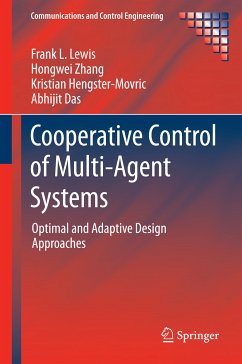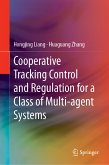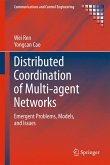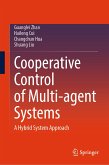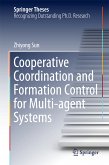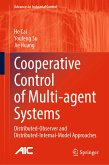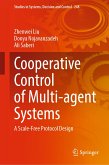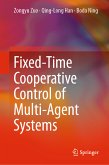Cooperative Control of Multi-Agent Systems extends optimal control and adaptive control design methods to multi-agent systems on communication graphs. It develops Riccati design techniques for general linear dynamics for cooperative state feedback design, cooperative observer design, and cooperative dynamic output feedback design. Both continuous-time and discrete-time dynamical multi-agent systems are treated. Optimal cooperative control is introduced and neural adaptive design techniques for multi-agent nonlinear systems with unknown dynamics, which are rarely treated in literature are developed. Results spanning systems with first-, second- and on up to general high-order nonlinear dynamics are presented.
Each control methodology proposed is developed by rigorous proofs. All algorithms are justified by simulation examples. The text is self-contained and will serve as an excellent comprehensive source of information for researchers and graduate students working with multi-agent systems.
The Communications and Control Engineering series reports major technological advances which have potential for great impact in the fields of communication and control. It reflects research in industrial and academic institutions around the world so that thereadership can exploit new possibilities as they become available.
Dieser Download kann aus rechtlichen Gründen nur mit Rechnungsadresse in A, B, BG, CY, CZ, D, DK, EW, E, FIN, F, GR, HR, H, IRL, I, LT, L, LR, M, NL, PL, P, R, S, SLO, SK ausgeliefert werden.

